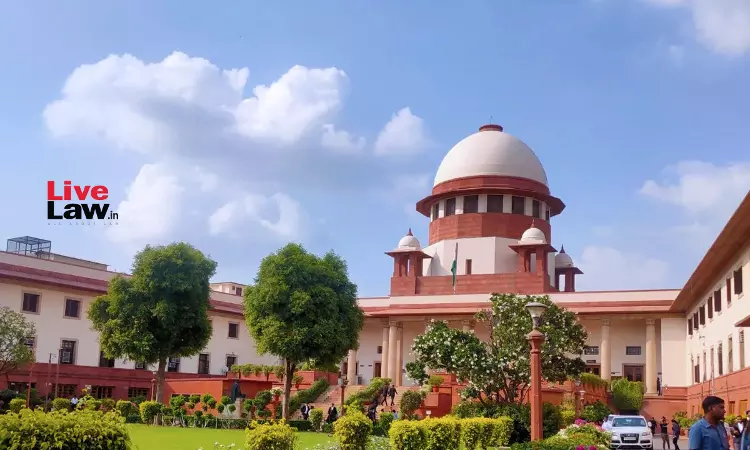Next Story
15 Feb 2024 9:53 AM IST
Recently, while deciding the suit for declaration of title, the Supreme Court reiterated some important factors related to the principle of adverse possession. The Court recalled that the plea of adverse possession is a blend of fact and law. (Karnataka Board of Wakf v. Govt. of India., (2004) 10 SCC 779) The person who claims adverse possession must show the following: “(a) on...

